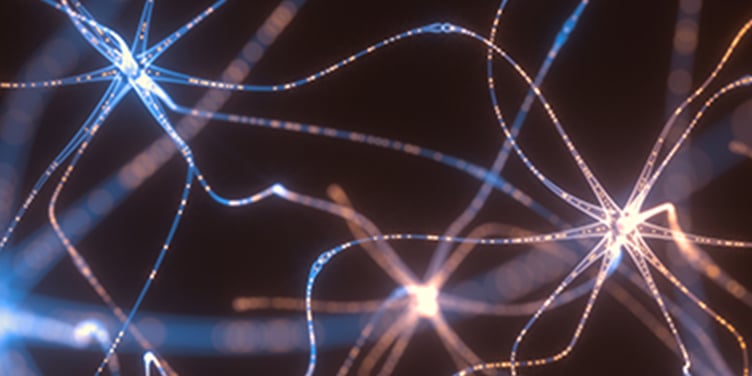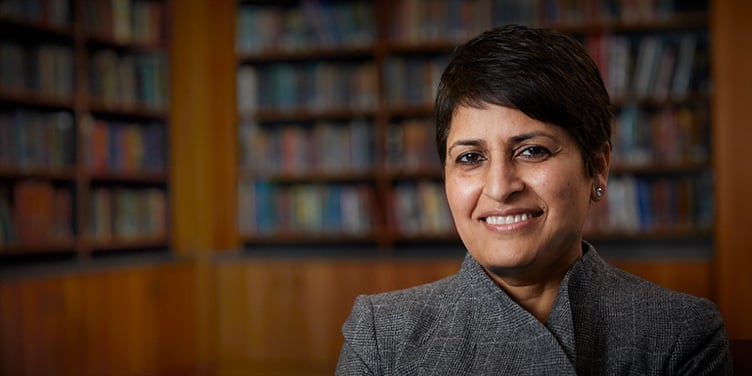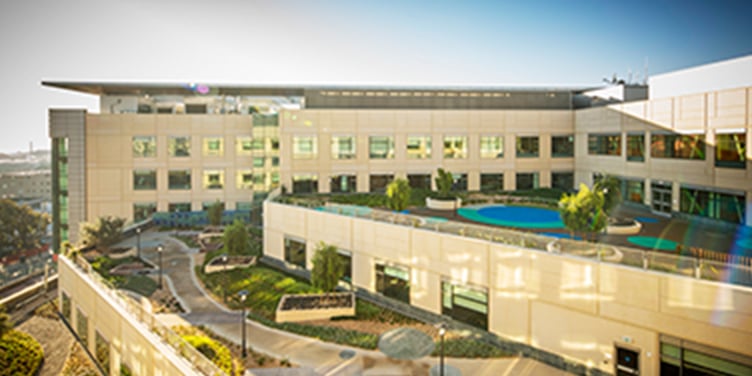Sjögren's Syndrome
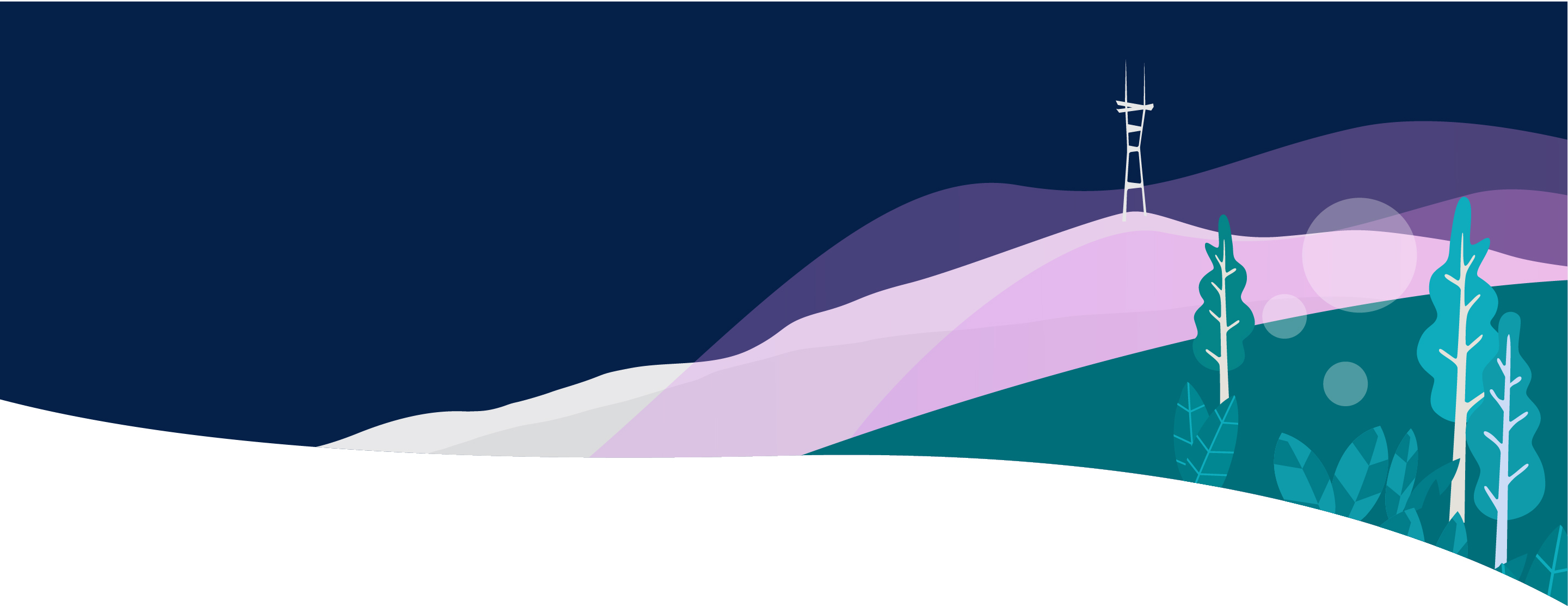
Overview
Sjögren's syndrome is a chronic autoimmune disease in which the body's immune system mistakenly attacks its own moisture-producing glands. As a result, people with this condition usually have dry eyes and a dry mouth. Sjögren's syndrome may also cause dryness of the skin or vagina and may affect other organs, such as the lungs, kidneys, gastrointestinal tract or nervous system. Patients may suffer from joint pain or fatigue.
Our approach to Sjögren's syndrome
UCSF is home to one of the only centers dedicated to treating patients with Sjögren's syndrome, staffed by oral medicine specialists with expertise in this condition. Depending on the patient's needs, the care team may also include rheumatologists and ophthalmologists.
There is no cure for Sjögren's syndrome, but treatments can ease symptoms. Options include medications to suppress the immune system and reduce inflammation, as well as artificial tears, saline nasal spray and other products to relieve dry tissues.
Awards & recognition
-

Among the top hospitals in the nation
-
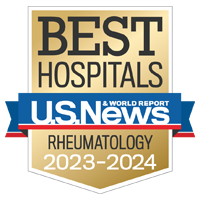
Best in California and No. 7 in the nation for rheumatology
Signs & symptoms
The hallmark symptoms of Sjögren's syndrome are extreme dry eyes and mouth. Some people also experience joint pain, swelling and/or stiffness.
Sjögren's syndrome that occurs by itself is called primary Sjögren's syndrome. When it occurs with another rheumatic disease – such as rheumatoid arthritis, systemic lupus, scleroderma or polymyositis-dermatomyositis – it's called secondary Sjögren's syndrome.
Affecting as many as 4 million Americans, Sjögren's syndrome is one of the most common of the autoimmune diseases. Nine in 10 patients are women, and onset is typically in middle age. The cause of the disease is unknown, although heredity, infection and hormones may be contributing factors.
Diagnosis
Diagnosing Sjögren's syndrome can difficult because the symptoms often mimic those caused by other diseases. Also, side effects from many medications can be similar to the signs and symptoms of the syndrome. Your doctor can rule out other conditions through various tests in hopes of making a Sjögren's syndrome diagnosis.
Early diagnosis and treatment are important for preventing complications.
Several tests may be performed, including blood tests for antibodies and inflammation, eye tests for tear production, and salivary gland tests to determine saliva flow and possible gland inflammation.
Treatments
Treatment for Sjögren's syndrome focuses on alleviating its symptoms, often with over-the-counter and prescription medications. These include nonsteroidal anti-inflammatory drugs (NSAIDs), preservative-free artificial tears, artificial saliva, unscented skin lotions, saline nasal sprays and vaginal lubricants as well as immunosuppressive medications.
For some patients, exercise helps reduce joint pain and build physical stamina.
Currently, there's no cure for the condition.
UCSF Health medical specialists have reviewed this information. It is for educational purposes only and is not intended to replace the advice of your doctor or other health care provider. We encourage you to discuss any questions or concerns you may have with your provider.

